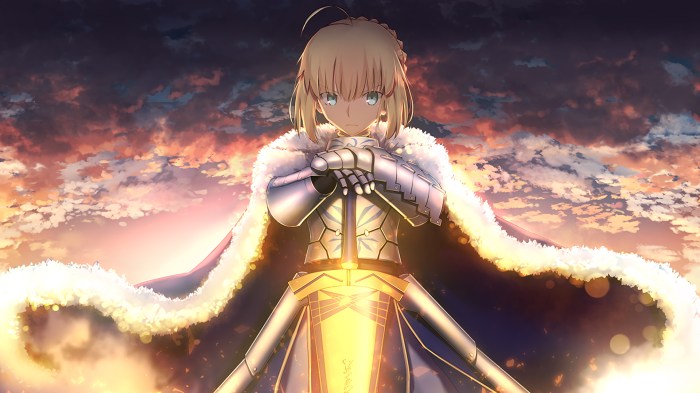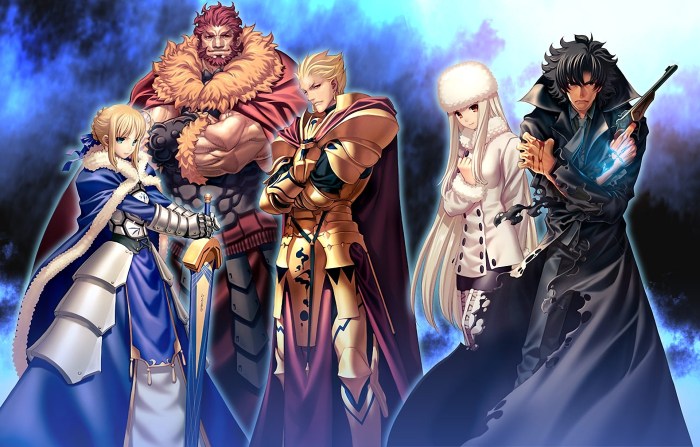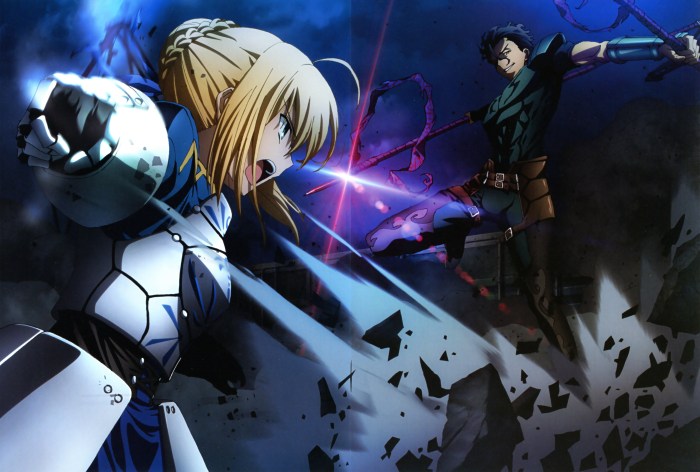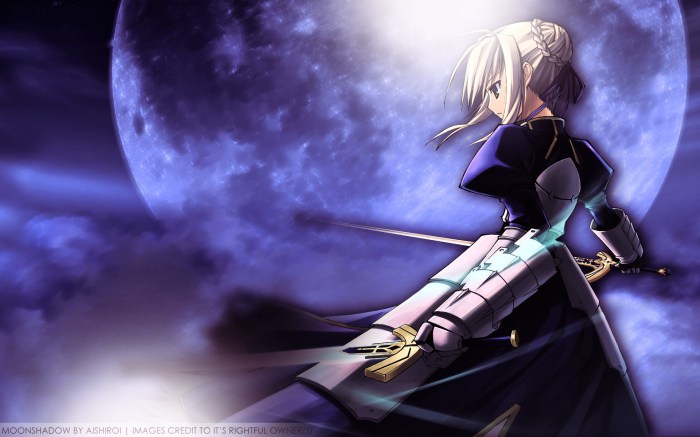The title plot driver in romeo and juliet crossword clue delves into the intricate web of forces that propel the narrative of Shakespeare’s timeless tragedy, Romeo and Juliet. These plot drivers, both external and internal, orchestrate the characters’ actions, motivations, and ultimately, their tragic demise.
As we embark on this literary exploration, we will dissect the significance of plot drivers in literary analysis, unravel the interplay between fate and free will, and uncover the profound impact of symbolism and foreshadowing in shaping the play’s tragic trajectory.
Plot Drivers in Romeo and Juliet

In literary analysis, plot drivers are pivotal elements that advance the narrative and shape the story’s trajectory. In William Shakespeare’s tragedy, Romeo and Juliet, numerous plot drivers propel the plot forward, contributing significantly to the play’s tragic conclusion.
Identifying External and Internal Plot Drivers
Plot drivers in Romeo and Juliet can be categorized as either external or internal.
- External Plot Drivers:These are external forces that influence the characters’ actions and decisions, such as the ongoing feud between the Montague and Capulet families, the laws of Verona, and the intervention of Friar Laurence.
- Internal Plot Drivers:These are the characters’ own motivations, desires, and conflicts that drive their actions, such as Romeo’s impulsive nature, Juliet’s desperation to escape her family’s control, and Tybalt’s desire for revenge.
The Role of Fate and Free Will, Plot driver in romeo and juliet crossword clue
Romeo and Juliet explores the interplay between fate and free will. While certain plot drivers seem predetermined by fate, such as the prophecy of the Friar, the characters’ choices also contribute to their tragic destiny.
- Fate:The play’s tragic events seem to be set in motion by a series of unfortunate circumstances, such as the accidental encounter between Romeo and Juliet at the Capulet ball.
- Free Will:Despite the constraints of fate, the characters still exercise their free will, making decisions that ultimately lead to their downfall.
Tragic Consequences of Impulsivity
Impulsive actions serve as significant plot drivers in Romeo and Juliet, leading to tragic consequences.
- Romeo’s Hasty Duel:Romeo’s impulsive decision to duel Tybalt after the death of Mercutio results in his banishment from Verona and sets the stage for his eventual demise.
- Juliet’s Desperation:Juliet’s desperate attempt to escape her forced marriage to Paris leads her to drink the Friar’s potion, ultimately resulting in her apparent death.
Symbolism and Foreshadowing
Symbolic plot drivers in Romeo and Juliet foreshadow future events and reveal hidden meanings.
- Names:The names of the characters, such as Romeo (pilgrim) and Juliet (youthful), hint at their tragic fate.
- Objects:The poison that Juliet drinks symbolizes her despair and the tragic end of her love story.
- Events:The death of Mercutio foreshadows the tragic deaths of Romeo and Juliet.
FAQ Resource: Plot Driver In Romeo And Juliet Crossword Clue
What is a plot driver?
A plot driver is a force or event that propels the narrative forward, influencing the characters’ actions and decisions.
How do external plot drivers differ from internal plot drivers?
External plot drivers originate from outside the characters, such as societal pressures or environmental factors, while internal plot drivers stem from within the characters themselves, such as their motivations, desires, and conflicts.
What role does fate play in Romeo and Juliet?
Fate plays a significant role in Romeo and Juliet, with certain events seemingly predetermined and beyond the characters’ control.
How do impulsive actions contribute to the tragedy?
Impulsive actions, such as Romeo’s hasty decision to kill Tybalt, lead to a chain of events that ultimately result in the tragic deaths of the lovers.
What is the significance of symbolism in the play?
Symbolism is used extensively in Romeo and Juliet, with objects, events, and even names carrying deeper meanings that foreshadow future events or reveal hidden truths.


